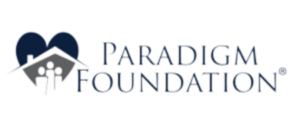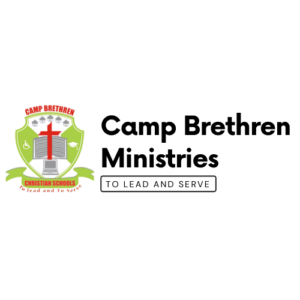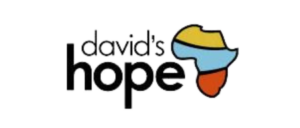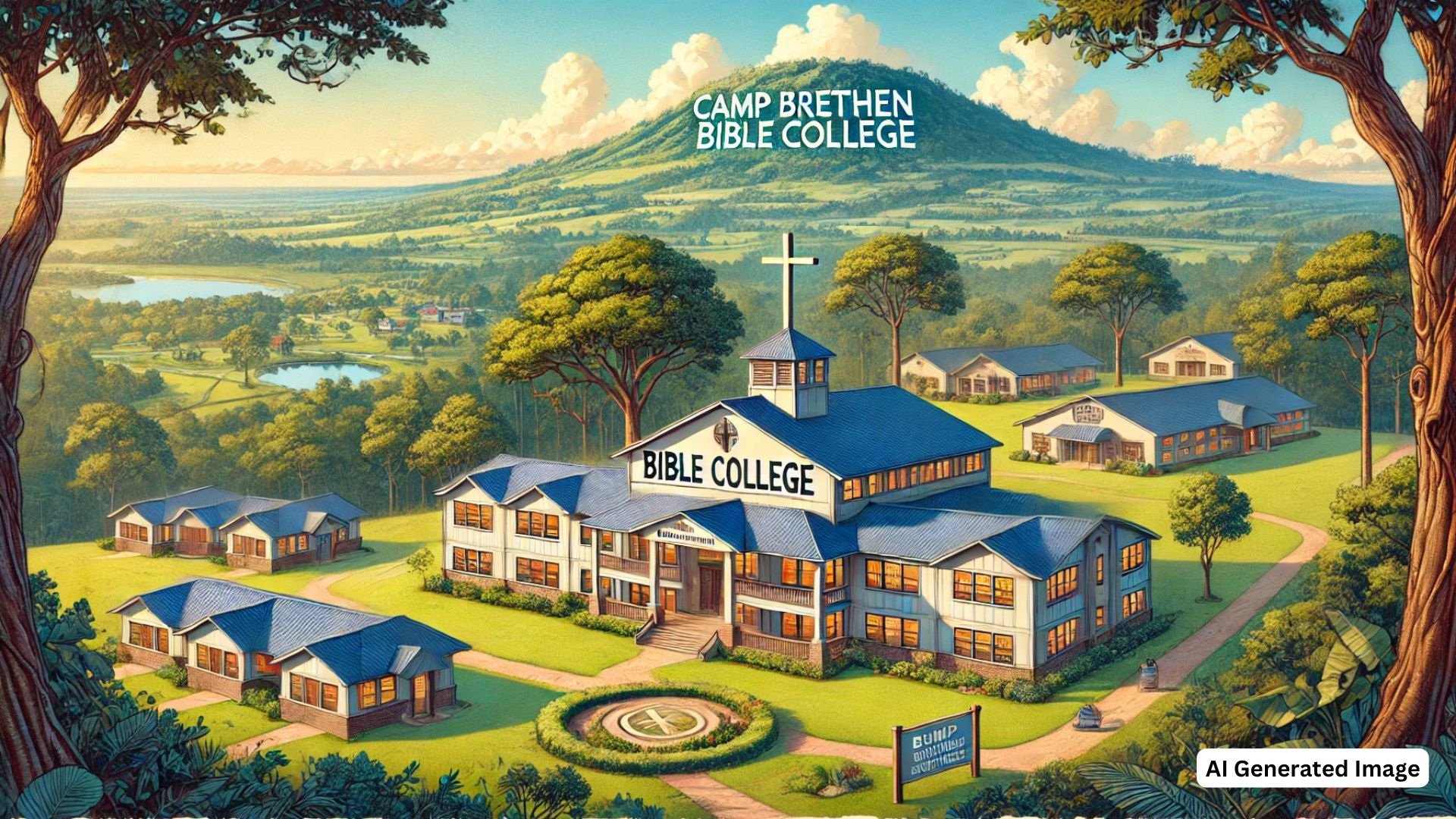Scott Sweat’s Blog: Packed Schedules and Big Dreams!
Hello from Kenya! One of the things that has struck me the most during my time here so far is how the children at the Camp Brethren Ministries School (the David’s Hope funded school) are noticeably larger than children those that are not in school. This is because of the feeding program that operates through the school. The demand is so great that they have had to limit enrollment to grow at a manageable rate (there are 170 children now). The costs for the feeding program would be astronomical if not for the farming that CBM does on the land surrounding the school and 2 acres of fertile land that David’s Hope bought them. The growing of the food makes the costs manageable and is a fantastic model of the self-sustainability. I toured of the 2 acres of farmland that CBM bought last year. It is almost two hours from Eburru, and I found it to be the largest 2 acres I’ve ever seen. The potatoes are thriving and they have a rudimentary irrigation system in the unlikely case that there is a dry spell. George, who is Mary’s brother (i.e. Pastor Steve’s brother-in-law) wears two hats – clinic nurse (2-3 days a week) and farmer. He rides his motorbike out to the land at least 1 or 2 times per week to check on things. In addition to these jobs, George works 2 to 3 nights a week in Nairobi (three hours from Eburru) and somehow manages to see his wife and two small children, who live 30 min. from Eburru. George is just another extraordinary part of the Camp Brethren team.
Steve and Mary are tireless. She works full-time at the hospital in Kijabe and spends her weekends in Eburru, serving at the clinic and mobile clinic and preparing food for the church-based weekend feeding program. She also makes all the purchases and preparations for the school feeding program. And if that weren’t enough — she does all of the cooking and cleaning customary for Kenyan women. Steve’s schedule is equally as taxing. He serves day and night driving Simon (his 1985 Toyota Land Cruiser with over 420K Kilometers on it!) all over Kenya. He’s usually in Nairobi one day a week and in Eburru 4-5 days a week managing the numerous projects and ministries. He attempts to spend Mondays at home in Kijabe trying to rest, but things always seem to come up. Steve is dedicated to discipleship and leads several Bible studies during the week in addition to his Sunday preaching duties. You can imagine with all the projects going on that the work really never ends. Just wait until I share some of the thoughts of what they would like to do and you’ll really get exhausted. It’s all very encouraging and exciting and they make these big dreams sound even reasonable.
Tomorrow, I’m having an American-style business meeting with Steve, Mary, Jonathon (school administrator and Steve’s brother) and George. I hope it will be a very productive meeting and we will be able to firm up the next set of projects to fund. There really are so many cool things that could be done and have a huge impact. I am challenging myself to do a much better job of describing what’s going on here and how people can help. It’s so clear that God is working here, and I am convicted that we could do so much more for His kingdom. Dollar for dollar I have never heard of a ministry that can have so large an impact for so little. I have tried not to get too outwardly excited (since I’m trying to be very cautious about what commitments we make or are perceived of making) but there are big things happening! I hope you’ll join me in praying for those and what role we can each take in this amazing ministry.
Have a blessed day!
Scott
1 Cor. 15:58 “Therefore my dear brothers, stand firm. Let nothing move you. Always give yourselves fully to the work of the Lord because you know that your labor in the Lord is not in vain!”






Scott – I enjoy reading these blogs because it is a miracle in the making. To think just a few years ago the Kenyan people were struggling, praying and believing and now while things are still progressing they are not where they used to be. 170 kids enrolled in school is awesome. The demand is always there but it appears God is continuing to use DHI to provide. Dr. Schwartz said believe it can be done and there is not bigger thinker than you. Keep up the great work, you and the people of Eburru are in my prayers.